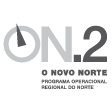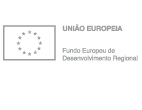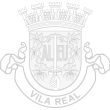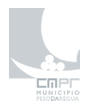Typical Trás-os-Montes in miniatrure
Add MyTrip
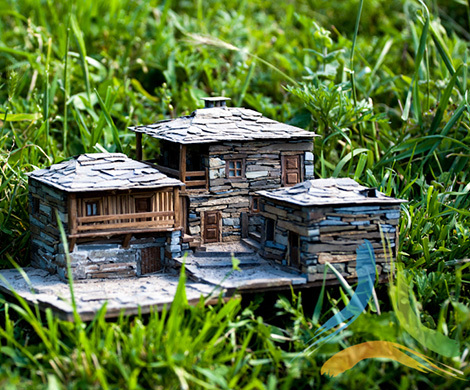
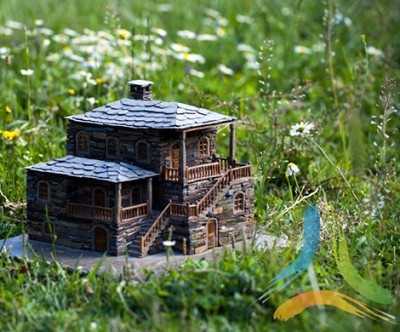
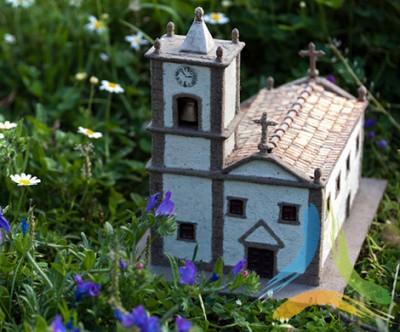
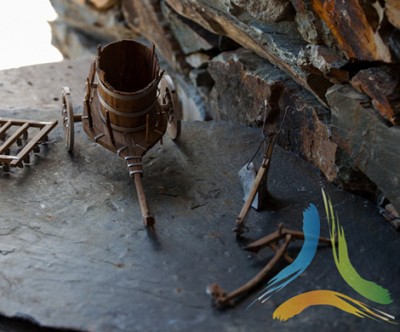
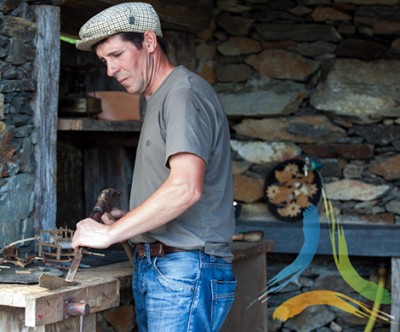
41.273904130487495
-7.813467645690935
Typical Trás-os-Montes in miniatrure
It is in village life and old times that José Coelho finds the inspiration to revive miniature houses, granaries, churches, ox carts, ploughs, yokes and other agricultural implements.His love for tradition led him to develop artistic...
Presentation
It is in village life and old times that José Coelho finds the inspiration to revive miniature houses, granaries, churches, ox carts, ploughs, yokes and other agricultural implements.
His love for tradition led him to develop artistic skills. “In my village [Campeã], there were some crafts and I began to see that everything was dying. Even the local councils were swapping the wall stones along the lanes with cement and it was so unattractive.” On the other hand, “as a little boy, when I tended to the cattle, I already made miniature houses.”
His maternal grandparents were “skilled” at carving wood and José, 46, ended up by following in their footsteps, albeit using a different material. “It’s not hard to work stone, if you have a bit of talent and like to make things,” he claims.
“From work and experience, has Man learned Science”, so “having learned the ropes”, the attempts to overcome himself succeeded. “First you have to know what you’re going to do. Then, to know the material, find out if you have a feel for it and use the right tools.”
Exquisite work
Over the last decade, José has devoted himself to reproducing replicas of “traditional things, houses, churches, anything related to the village.” The models result, therefore, from his observations or imagination.
At the centre of his manufacturing process is a projection on paper of the future object. Then calculations are made and the scale is defined so that for instance “the house ends up with the size I imagined, in fact as you do it in the large-scale.”
“I make a wooden skeleton to place inside, based on the drawings, where I must put the windows, the doors and the stairs. Then, it’s a question of starting to line it with wood. I make bit by bit or all around, bringing the walls up at the same time,” he describes.
The Marão mountain is the main supplier of his raw material. “I go to the mountain, where there are stones crumbled by Nature, and then I use glues because cement wouldn’t work in this case.” To get stones in the right size, José cuts them with cutting pliers and, to shape them, he uses a file and sandpaper.
For this painstaking and patient work, he uses various coating materials, such as lime for the church façades, sandstone and sand to “imitate granite”. He makes doors, gates, pillars, balconies and the keylock and window details with wood off-cuts.
His hands also produce drinking fountains, pitchforks, baskets, looms, winding frames and spindles in small sizes. “The pieces for linen are made in walnut wood and for the spindles I use Indian shot,” he reveals.
As for the miniature agricultural implements, he employs chestnut and elder wood, due to their strength and durability and because “they look prettier”. “To work the wood I use a knife, a chisel and a plane,” he explains.
The process follows the same steps, that is, he starts with “the drawing and the calculations”, then the pieces are made one by one and finally everything is fitted together. The wood may be varnished or painted. José also uses aluminium brackets to strengthen the connections between the pieces or for aesthetic reasons.
True to the original
The merely decorative pieces are sought after by people who “appreciate Nature, have good taste and sensibility”. People from the towns, rather than the villages, and people from Trás-os-Montes who live away, because my pieces portray a little of the region.”
Tourists are not indifferent to such perfect miniatures either. “They admire them a lot, and perceive there’s something different in them. There were actually some people from France who really wanted me to do an exhibition near the Eiffel Tower.”
The production of miniatures has dwindled since José works according to his availability and also because “it doesn’t pay off”. “Otherwise, I’d be always at it because the bug keeps gnawing at me.”
Text: Patrícia Posse | Daniel Faiões
Schedules/Prices
Contacts
Owner/Responsible
José Coelho
José Coelho
Address
Freguesia de Torgueda,
5000 Vila Real
Freguesia de Torgueda,
5000 Vila Real
Phone
+351 259 978 053
+351 259 978 053
Cellphone
+351 914 366 987
+351 914 366 987
Latitude
41.273904130487495
41.273904130487495
Longitude
-7.813467645690935
-7.813467645690935







